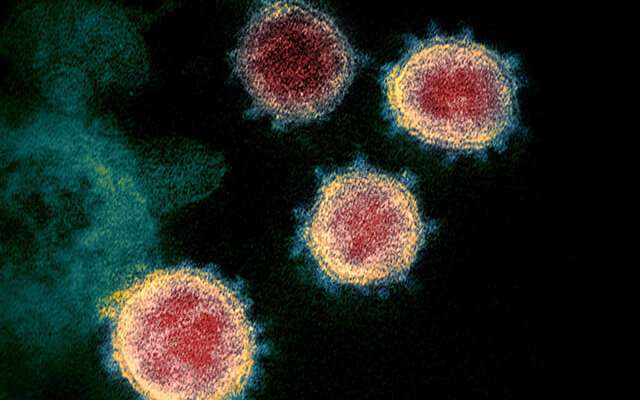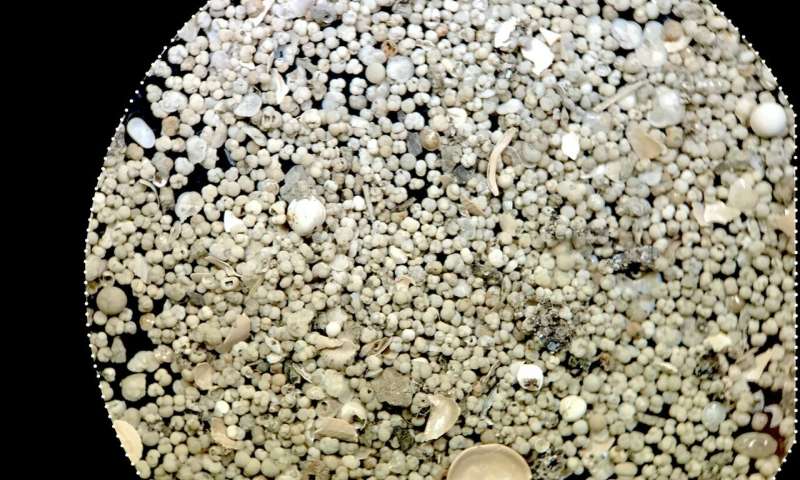B.C.’s public sector and post secondary could see a “full re-launch in September,” B.C.’s deputy minister of health said May 6.
Stephen Brown said schools could return to initially limited operations with guidelines incorporating core hygiene and gathering rules.
There could also be a partial return for K-12 and a mix of online and in-class for post-secondary facilities in September.
“We will continue to plan for the full resumption of class in September,” Premier John Horgan said, adding it is vital parents feel safe about their children’s return to school as part of “the new normal.”
“We want to make sure we can safely get kids back into the classroom,” he said. “It’s not just about reading, writing and ‘rithmatic.”
Further, the premier acknowledged, children want to see their friends.
“There’s an overwhelming desire to get kids interacting with each other,” Horgan said.
Those are:
• Stage 5 - Suspend all in-class instruction for all grades and students. Remote and online learning for all students;
• Stage 4 - Current stage - In-class learning for children of essential service workers and vulnerable students. Remote and online learning continues for most students;
• Stage 3 - In-class learning for students in kindergarten to Grade 5 on a part-time basis. Access to in-class learning as needed for grades 6 to 12 on a part-time basis. Remote and online learning continues to be available for students;
• Stage 2 - In-class learning for all students in elementary school (K to 7) on a full-time basis. In-class learning for secondary students (grades 8 to 12) on a part-time basis. Remote and online learning continues to be available for secondary students, and;
• Stage 1 - return to full in-class instruction.
Health Minister Adrian Dix, the Ministry of Education will address details of what openings might look like in coming days.
Provincial health officer Dr. Bonnie Henry said school districts would have to determine how best to implement policies in their areas.
Brown, Dix and Henry presented the information on B.C.’s Restart Plan to a technical briefing and news conference.
Brown said Minister of Education Rob Fleming is working on the details “to ensure students and staff are safe and stay well.”
But, stressed Henry, not all classroom instruction ended in the lockdown period.
In-class instruction had remained for some students, including those of essential workers, Henry said.
She said that could expand in June with a greater expansion in September.
Among issues schools will be looking at, Brown said, include:
• routine daily screening protocol for all staff and students;
• routine and frequent cleaning;
• smaller class sizes, increased space between desks, alternating attendance arrangements, frequent hand washing, wearing non-medical masks for group activities and sports, and limiting group sizes;
• clear policies for children, youth and staff who have symptoms of a cold, flu, or COVID-19, with any coughing or sneezing not attending school or taking part in extracurricular activities and sports;
• planning over the summer for increased use of remote online learning, especially for high school children; and
• early arrival and self-isolation for 14 days of international students for both public system and post-secondary institutions.
Brown said similar cleaning rules and attendance restrictions would apply to post-secondary institutions.
Henry said she sees no utility in taking students’ temperatures as they arrive at school each day.
Rather, she said, students would be asked how they are feeling.
“It’s about a health-symptom screening that we all need to do,” Henry said.
Horgan said the province is working with the B.C. Recreation and Parks Association to determine what kids sports can take place this summer.
He said Fleming has been working with the BC Teachers Federation and school trustees.
B.C. School Trustees Association president Stephanie Higginson said school boards will be working with the Ministry of Health guidelines to ensure a safe return to school in a modified manner before the end of June.
She said the government has worked very collaboratively with stakeholders to ensure everything is done safely.
jhainsworth@glaciermedia.ca
@jhainswo











